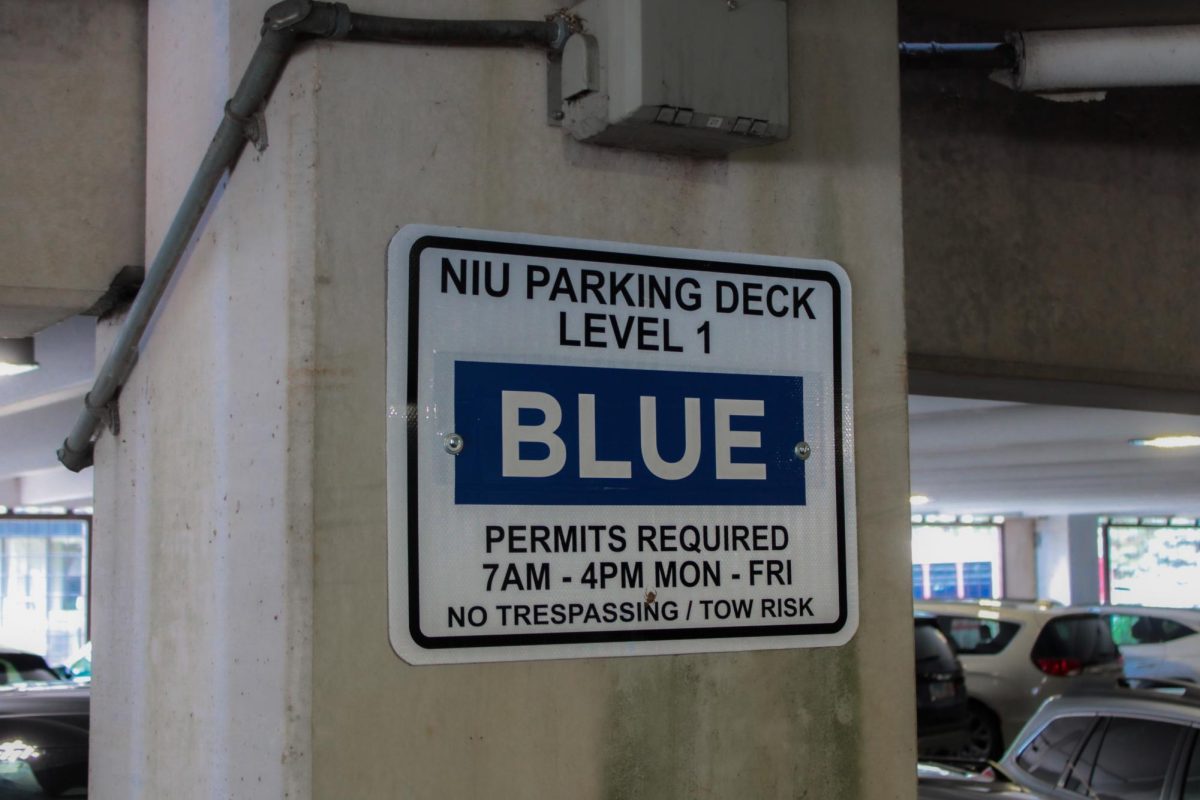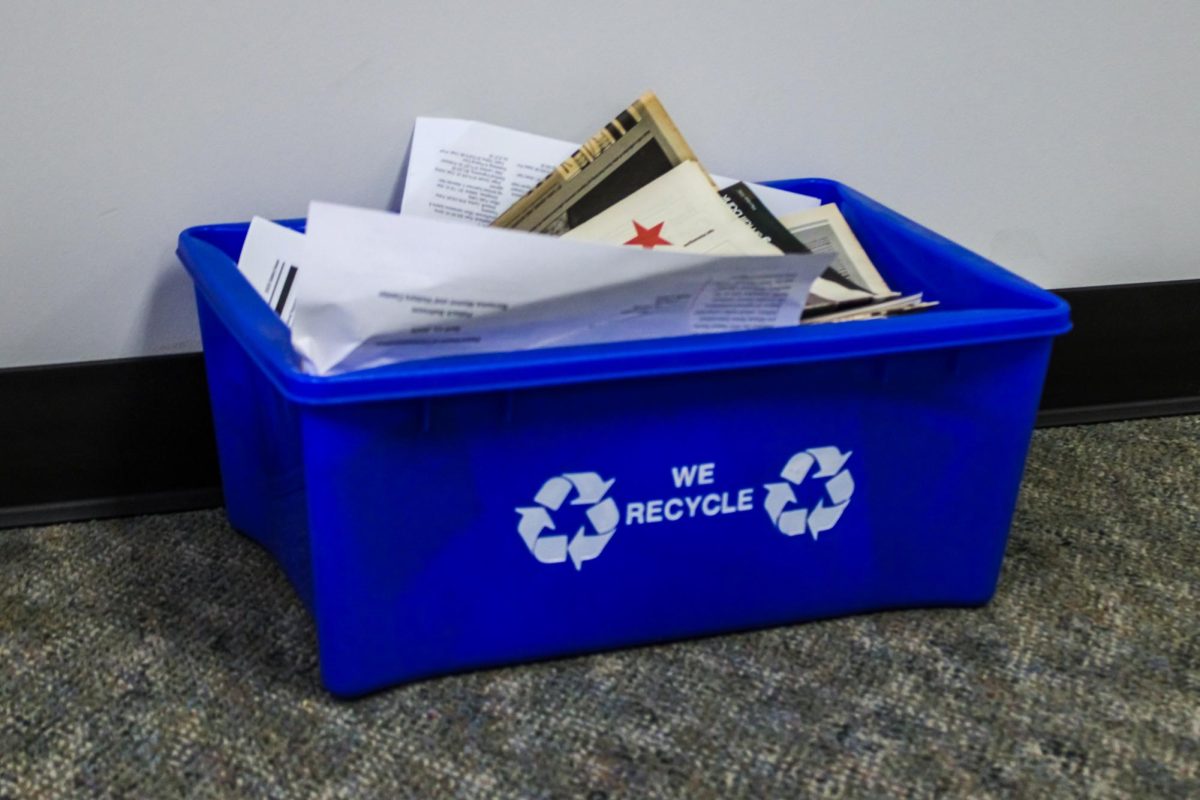American high schools put too much emphasis on the Advanced Placement Program, despite alternative options that increase chances of success for students. Students are failing to be adequately prepared by the program, according to a 2021 study published in the Journal of Human Resources. The dual credit system provides a more stable way for students to adequately be prepared for college-level coursework.
NIU gives ample opportunities for students to receive college credit before starting school, including advanced placement, international baccalaureate, college examination program, state seal of biliteracy and others, according to NIU.
By offering so many opportunities, prospective students are being enticed to attend NIU. Additionally, by having a good transfer program, NIU is rewarding students’ hard work in high school.
The AP Program offers a wide variety of courses, ranging from science to music theory, and high school students are often encouraged to take these courses.
However, AP credit transferability is problematic because universities accept different scores at different levels, and AP teachers are not required to have education that is specific to the AP course that they are teaching. Additionally, they are not required to have an advanced degree. AP teachers are not as qualified as a professor with a masters degree in the subject field.
NIU is accredited by the Higher Learning Commission, and the university has standards it needs to follow. The AP Program, conversely, does not have a governing body outside of the College Board. The lack of governance gives the AP Program an arbitrary ability to do whatever it wants, whether it is good for students or not.
The dual credit system allows students to get legitimate college credit from a college or university. Its transferability, while varied, will usually result in an equitable credit because college course requirements are pretty similar.
Courtney Pincuspy, freshman biology major with a planned emphasis on Zoology, described her overall experience with the AP Program as middle-of-the-road, neither positive nor negative.
However, Pincuspy does not feel her AP experience prepared her for college-level coursework, but didn’t experience any issues with dual credit classes.
“I took more dual credit courses, and I just had a better experience with that versus the AP Curriculum,” said Pincuspy. “I think it’s because for the AP curriculum, that’s something you have to stick by, for dual credit, it was like, more of like it felt more like a regular class than an AP class did.”
The differences between the AP and dual credit system show that the dual credit system helps students be more prepared, confident and gives students a feel for college coursework.
While both the AP and dual credit systems may be beneficial for incoming students, NIU also has opportunities for existing students to earn credit without taking a class. Testing Services offers proficiency exams for students to earn credit for a class without taking it.
“We’re just here to provide students with information and help students, whether that’s the current student, incoming student, interested student or anything like that. That’s what we’re about is just serving our student body in any way we can.” said Angela Bross, associate director of test administration.
If students are looking for additional information about testing out of classes in an approved way, they can visit Testing Services, located in the Peters Campus Life Building, Room 120.
NIU’s devotion to both incoming and existing students is demonstrated through the opportunities they give students to earn credit outside of the traditional college classroom. The AP Program is not effective in preparing students for college level coursework, and students need to be aware of other options because of their increased transferability and better preparation for college-level coursework.















